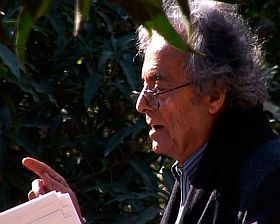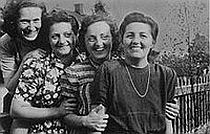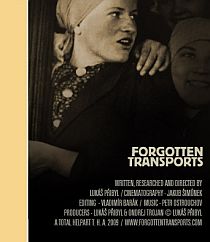


The Danish Roos Award

The award, named after the documentary film pioneer Jørgen Roos, was established in 1995 for the purpose of rewarding outstanding efforts in Danish documentary filmmaking – went this year to director Anders Østergaard and producer Lise Lense-Møller, the duo behind ‘Burma VJ — Reporting from a Closed Country’”. The award ceremony took place yesterday at the European Film College in Ebeltoft, Denmark.
The motivation went as follows: They have created a moving film that evokes sympathetic insight, even though the audience does not see the leading person who remains anonymous for security reasons. They have created a film with visual strength, an authentic historical document from thousands of small clips — out of focus, incoherent, and shot by different individuals under chaotic conditions. They have persisted in sticking to their ambition of making ‘a documentary film that mattered’, even though it would have been easier and less expensive to produce an efficient news version of the film, which there was a demand for. They have taken chances; the film had to be made, even before an unsigned contract and even though necessary finances were yet to be met. And they have persisted long after the completion of the film — followed it around the world —with their engagement in those who took part in the film and with their interest in the themes dwelt on in the film.
May I add a big bravo that Lise Lense-Møller in this way is being praised for her fine work in Danish documentary for decades. For those who don’t know her: She is a fim producer and CEO and founder of Magic Hour Films. She has produced films, co-written scripts and been a consultant on the development and production of feature films, short fiction, documentaries, and TV-series. She is also one of the experts at EU’s EAVE (European Audiovisual Entrepreneurs).






